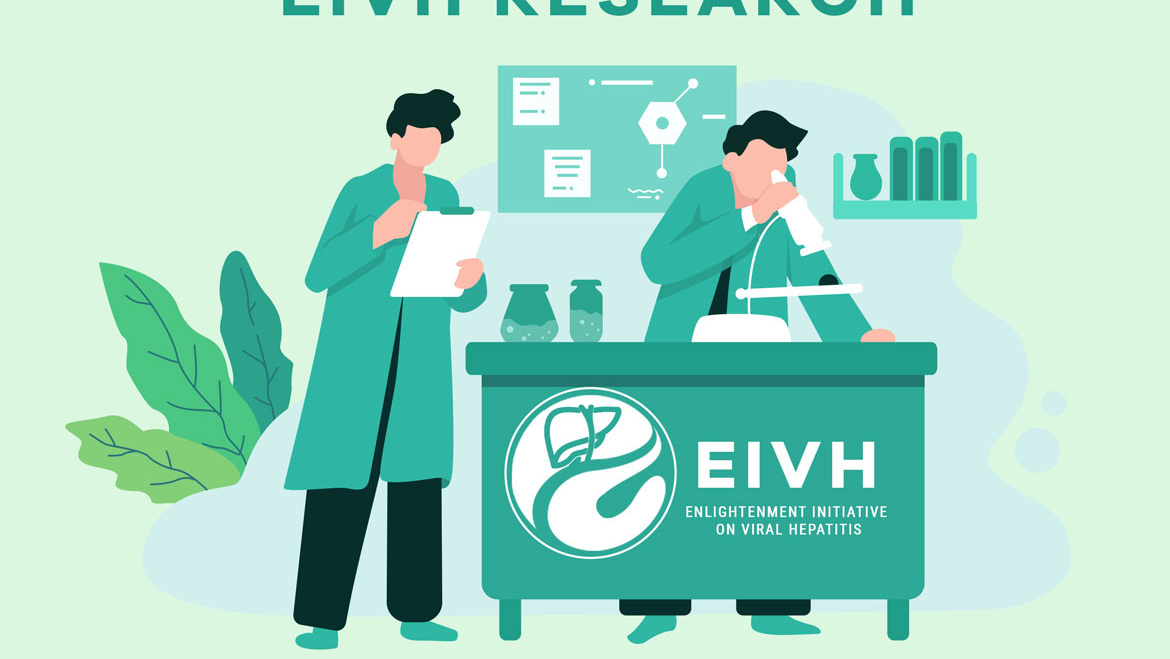Study Background:
Chronic hepatitis B virus (HBV) infection is a major cause of liver morbidity and mortality worldwide (Pyrsopoulos, 2021). Worldwide, about 296 million people are chronically infected with the virus and about 1.5 million new infections of HBV occur each year with about 820,000 deaths annually, largely from fulminant hepatitis, decompensated liver cirrhosis and hepatocellular carcinoma (WHO, 2021). Nigeria is a high endemic nation for HBV infection with 7.3 – 24% of the populace having serological evidence of current infection and average national prevalence of 8.1%; approximately 20million Nigerians (Malu et al., 2021, p.4). In chronic HBV infection, early detection and staging of liver fibrosis is a key factor for early identification of patients who should receive treatment in order to prevent disease progression and also for prognostication (Chen et al., 2013, p.357 and Parikh et al., 2017, p.2). Non-invasive assessment of liver fibrosis is preferred to liver biopsy which is invasive and can aid clinical decision making on commencement of antiviral therapy, monitoring of disease progression and treatment response, and determination of the overall prognosis. FIB-4 Index (Fibrosis-4 Index) and APRI (AST-Platelet Ratio Index) scores are both well validated non-invasive tools for assessing hepatic fibrosis (Zhang et al., 2016, p.4). This study seeks to assess hepatic fibrosis using a non-invasive means among patients with chronic Hepatitis B virus infection in Nigeria. This study has the potential to improve clinical practice, improve treatment guidelines, break new grounds as well as to stimulate further interest and research on this topic.

